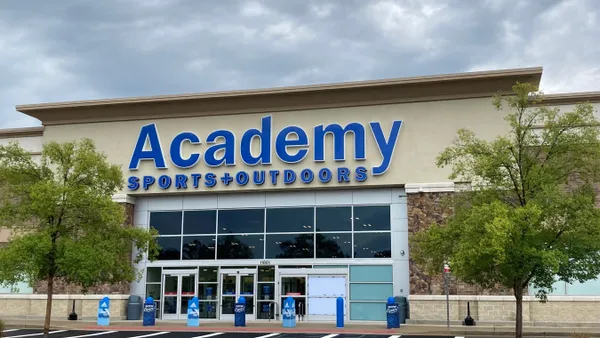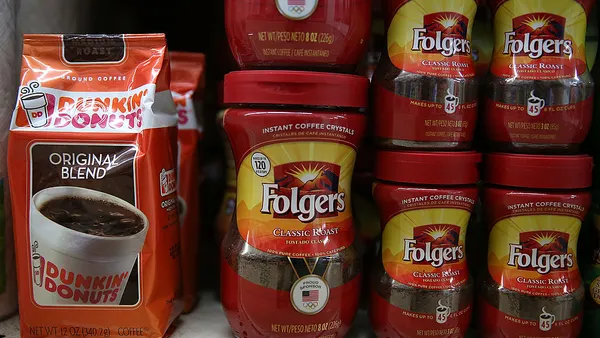Dive Brief:
- Three out of 39 forestry product suppliers, less than 8%, could show a concrete method of checking their supply chains for forced labor when surveyed by nonprofit organization Know the Chain, according to a new report from the organization.
- Timber is the fifth largest product by value imported to the U.S. that is at risk of forced labor. Forced labor is much more common in illegal logging operations in nations where government oversight is less robust such as the Amazon river basin, Central Africa, and Southeast Asia. The Congressional Research Service estimates 50%-90% of forestry work is illegal in these areas.
- Forestry workers in these countries are likely to be migrants whose travel documents are withheld and may pay recruitment fees to work without formal, legal agreements, and are subjected to excessive hours in dangerous or coercive conditions. The Department of Labor named Russia and Peru as countries where forced labor may be used in the timber industry as well.
Dive Insight:
Know the Chain's conclusions are bad news for any forestry dependent supply chain, which includes those who source paper goods, lumber and home furnishings. Companies importing forestry goods into the U.S. are at risk of reputational and financial loss should it be found that these goods are produced using forced labor as this is illegal in the U.S.
But, currently, suppliers are generally not equipped to provide information that could put customers' minds at ease, according to the report.
Though 59% of the 39 companies Know the Chain surveyed had a supplier code of conduct that referenced forced labor, only 5% had a process in place to deal with violations. Likewise, 23% of companies had an employee grievance reporting system, but only 5% reported on outcomes of that system or how many complaints they received.
Know the Chains further reports the certifications intended to recognize responsible forestry practices, including that of The Forest Stewardship Council and the Programme for the Endorsement of Forest Certification release no specific information on how forced labor is addressed in their standards.
"The world’s forestry sector has a systemic problem of forced labour, and right now companies show a lack of action to address this appalling abuse," Felicitas Weber, Know The Chain project lead, said in a statement.
The report Weber and her team produced is targeted at investors, who hold mighty sway in this industry (and every industry) to demand more transparent, ethical behavior. But buyers of forestry products also have power to route out risky suppliers. The report recommends looking for the following red flags:
- No disclosed supplier code of conduct or statements that such a thing is not necessary.
- A disparity between disclosures around stated standards and enforcement of those standards.
- Lack of due diligence in high-risk countries or incomplete disclosure of countries of origin for products.
- A perfect record or audits of global operations with zero violations found, which could indicate a faulty or inadequate auditing process.
This story was first published in our weekly newsletter, Supply Chain Dive: Procurement. Sign up here.














